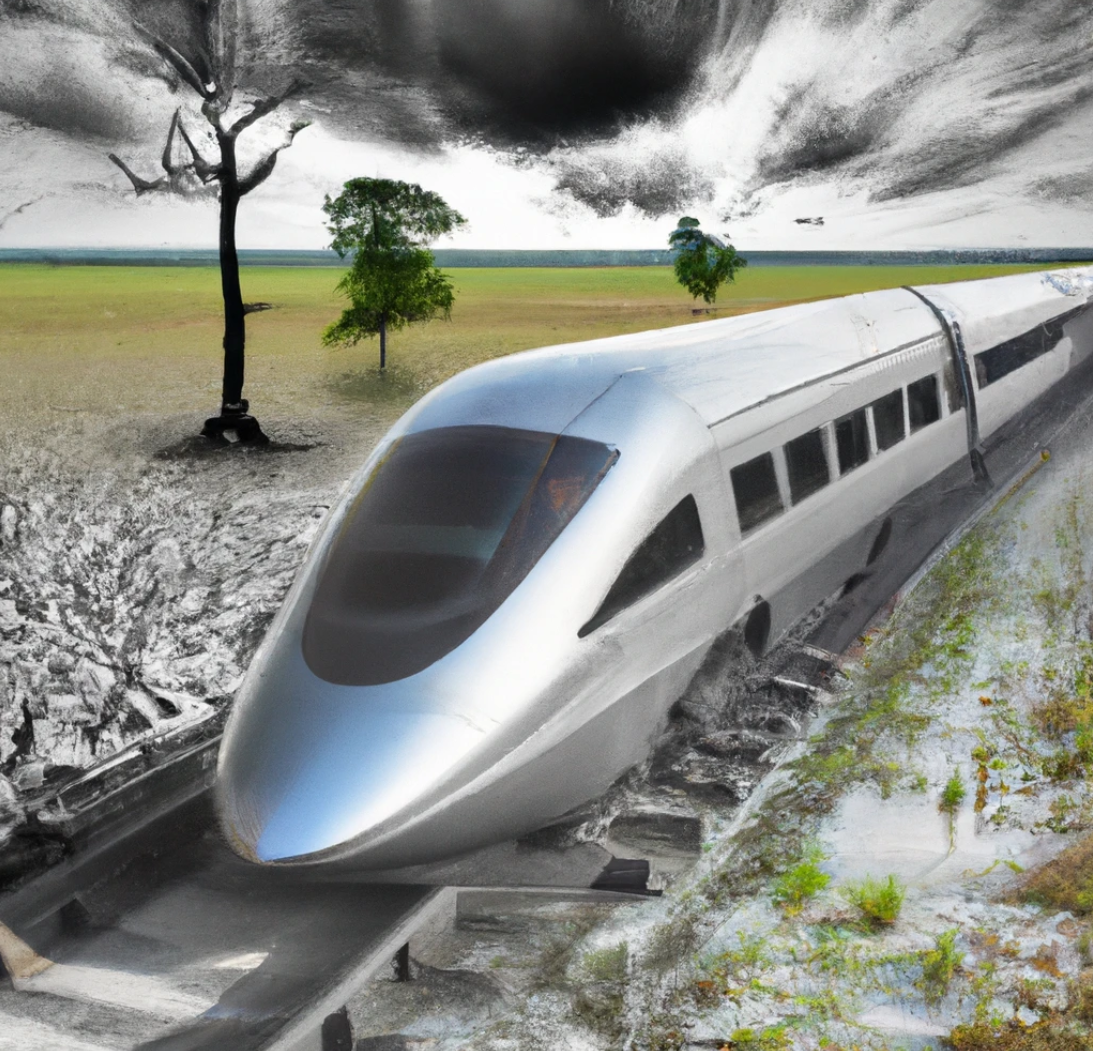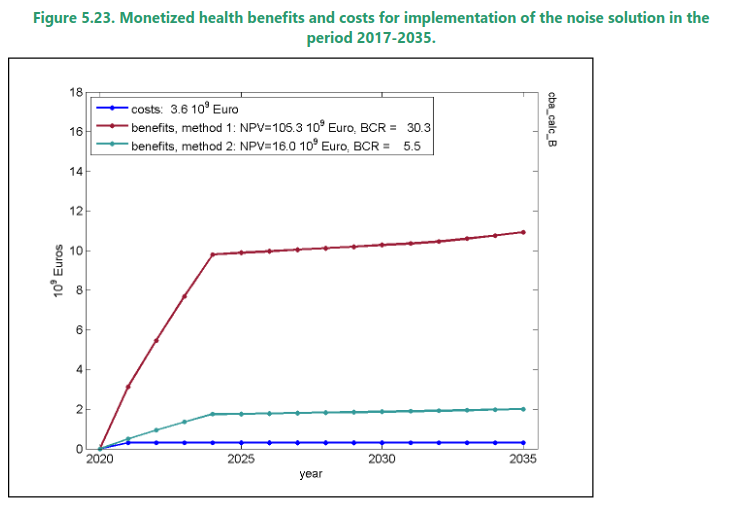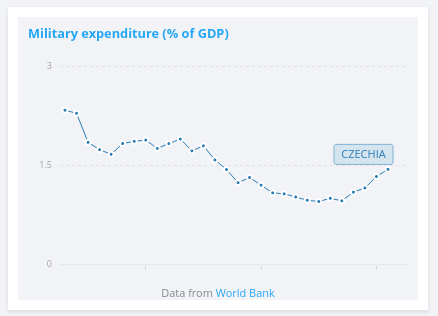High-Speed Rail in the Czech Republic: Insights from a Leading Economist
In recent discussions on high-speed rail (HSR) in the Czech Republic, my colleagues and my perspectives have been echoed by Tomáš Havránek [1]https://sites.google.com/view/tomashavranek/, a highly regarded economist. Havránek, recognized as the most cited Czech economist according to RePEc, and a professor at the Institute of Economic Studies, Faculty of Social Sciences, Charles University, Prague, adds significant weight to the arguments presented in my analysis which you can read here.
Professor Havránek’s excellent article is here.
Firstly, he underscores the prohibitive costs associated with HSR projects, a concern I highlighted in my article. Both of us argue that the financial burden of HSR could outweigh its potential benefits, especially considering the Czech Republic’s economic scale and infrastructure needs. Havránek emphasizes the importance of thorough cost-benefit analyses before proceeding with such large-scale investments, reinforcing my call for evidence-based decision-making in public projects.
Moreover, both articles advocate for considering alternative investments. Havránek and I suggest that the funds earmarked for HSR could be more effectively spent on upgrading existing transport infrastructure, which might yield better returns and more immediate benefits. This alignment underscores the necessity of exploring other transportation solutions that could enhance connectivity without the exorbitant costs of HSR.
A significant parallel drawn by Havránek is the comparison between the Czech HSR project and China’s extensive HSR network. He notes that China’s economic scale and population density justify its investment in HSR, while the same cannot be said for the Czech Republic. This comparison, which I also made, highlights the importance of contextualizing infrastructure projects within the specific economic and demographic realities of a country.
Havránek’s position as a leading economist adds considerable weight to these arguments. His recognition of these points not only supports our analysis but also amplifies the call for a more critical examination of HSR in the Czech Republic. Such an examination should be conducted by the Czech Supreme Audit Office (NKÚ)
Furthermore, it is nearly impossible for Správa železnic, the Czech railway infrastructure administration, to counter these arguments with objective facts or research, as comprehensive evidencec does not exist to support their claims. This lack of solid data indicates that their assertions, along with those of the Ministry of Transport, are largely speculative, irrespective of how they are dressed up.
Misled by inaccurate predictions from Správa železnic, our politicians, having promoted the project to the media and public, now find themselves with no way back. Even though some privately admit that the project will be a disaster.
Správy železnic’s projected figures, compared to other countries:



References
| ↑1 | https://sites.google.com/view/tomashavranek/ |
|---|







